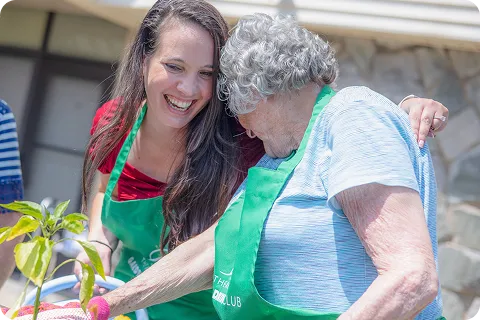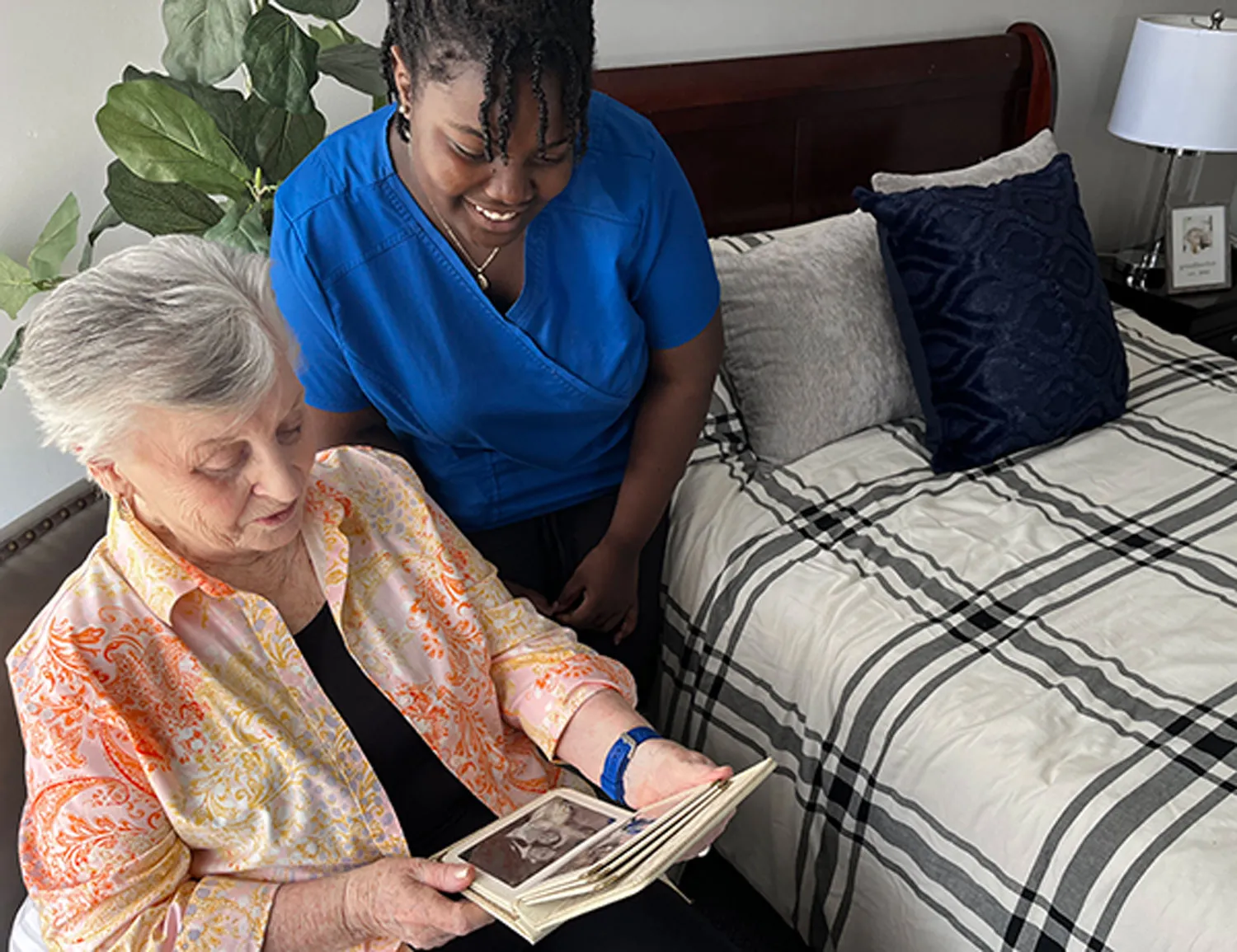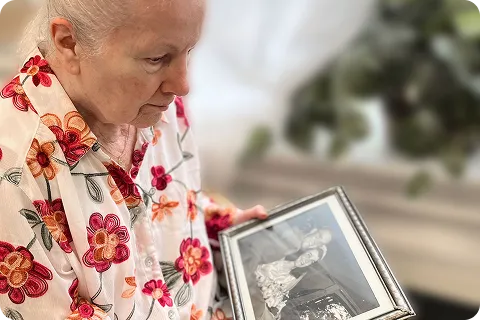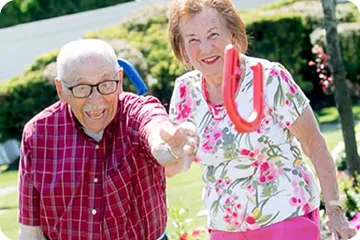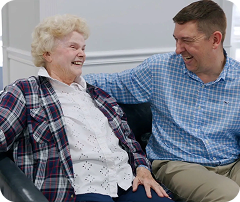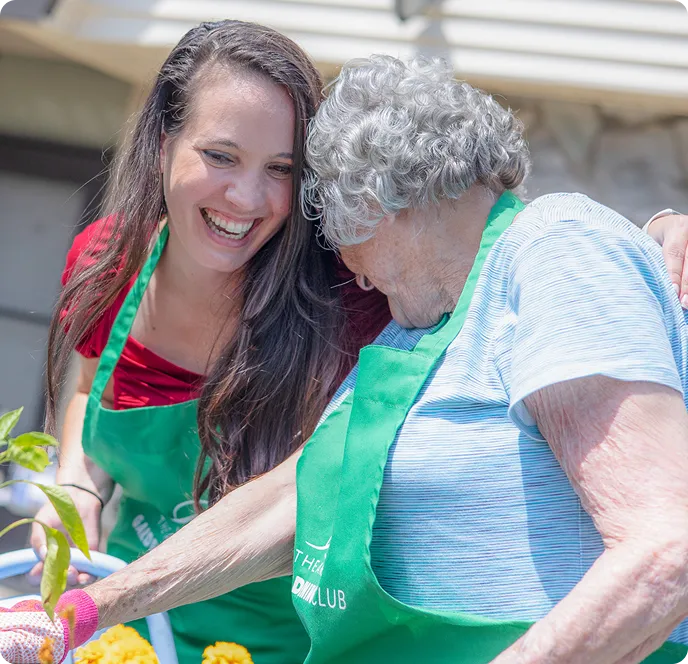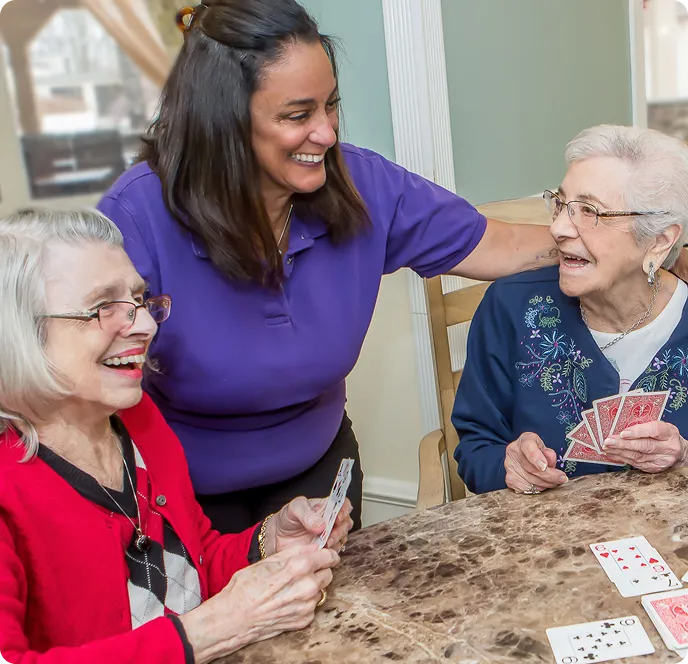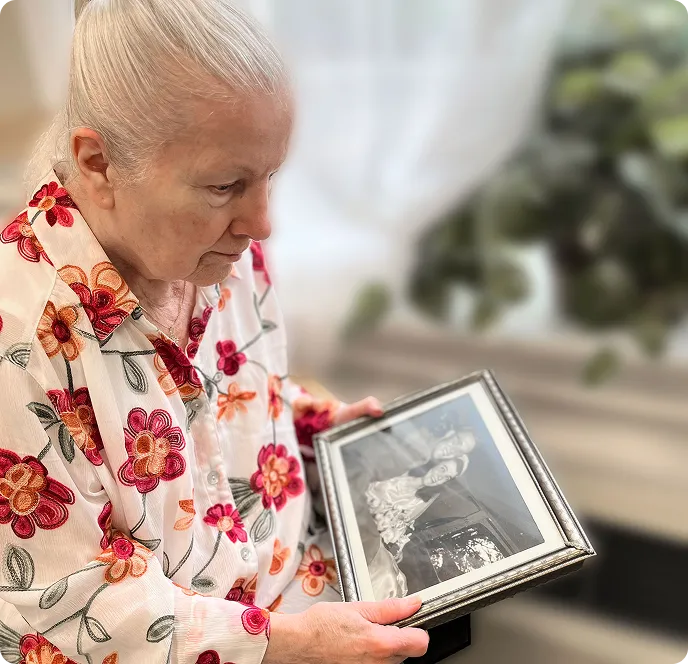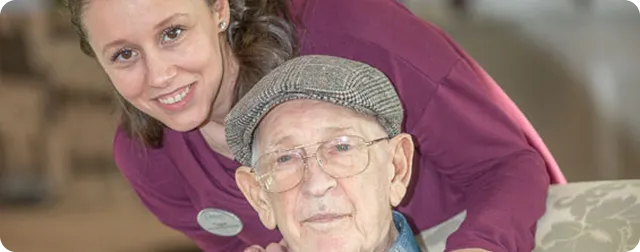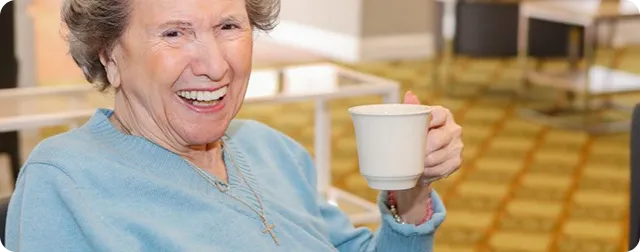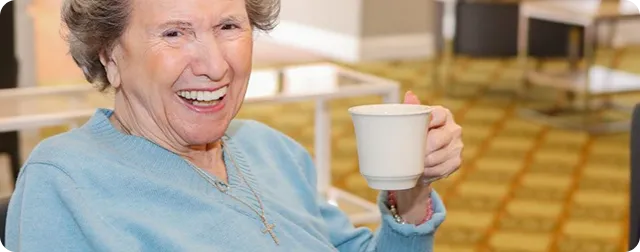(631) 778-7747
Social Isolation in Seniors

Social Isolation in Seniors
Keeping Social Isolation from Causing Depression in Seniors
Since the COVID-19 era, social distancing has emerged as an effective measure to restrain the spread of infections. Many people are now confining themselves to indoor spaces and communicating with their loved ones only through the use of electronic tools. This has had a detrimental effect on mental health, especially for adults over the age of 65. We must work to prevent social distancing from becoming social isolation among this vulnerable group.
Social isolation in seniors has been linked to increased depression as well as to increased proinflammatory and decreased anti-viral immune responses. Health risks associated with loneliness and social isolation are comparable to the dangers of smoking and obesity, increasing mortality risk by up to 30%. These effects may further increase the susceptibility of this population to COVID-19. We must consider the mental health burden of social distancing for the elderly and find ways to keep them engaged and motivated.
Staying Connected
To help older adults feel involved, purposeful and less lonely during the pandemic:
- Show them how to video chat with others using smartphones, laptops or tablets.
- Use apps on these devices to provide captions for adults with hearing challenges.
- Encourage friends and family outside of your household to telephone, write notes or send cards to lift your loved one’s spirits.
- Encourage them to connect with others. Talking with people they trust about their concerns and how they are feeling can be helpful.
- Let older adults know it is common for people to feel distressed during a crisis. Remind them that asking for and accepting help is a sign of strength.
Keep Elders Involved & Engaged
- Give older adults a project they can work on. Think about going through and organizing old photos and memorabilia together, and enjoy the stories and happy memories they inspire. Sharing favorite songs or movies with other people in the household can help boost mood.
- Have deeper, more meaningful conversations at this time of unprecedented crisis and collective action. To overcome the challenge of social isolation, we have to break through the usual patterns of communication. Spark a conversation that builds a deeper relationship between you and someone on the other end of the phone or the other side of a screen. These questions are designed to address this moment honestly, without heightening anxiety.
- Share a story about a challenge in your life or a challenging time when you felt you really overcame something.
- What strength, value, or part of you helped you overcome it?
- Where or from whom did you acquire that strength, value, or part of yourself?
- From whom, if anyone, did you find support?
- How did that moment or experience change who you are?
Relaxation
- Relax your body often by doing things that work for you—take deep breaths, stretch, meditate, wash your face and hands, or engage in pleasurable hobbies.
- Read, listen to music, take a bath, or talk to family.
Keep Perspective
Set limits on how much time your loved one spends reading or watching news about the outbreak. They will want to stay up to date on news of the outbreak, particularly if they have loved ones in places where many people have gotten sick. But make sure to take time away from the news to focus on things that are going well and can be controlled.
Get the Facts
Find people and resources they can depend on for accurate health information. Learn from them about the outbreak and how to protect against illness. Turn to family doctor, a state or local health department, U.S. government agencies, or an international organization.
Keep Healthy
- Eat healthy foods, and drink water.
- Avoid excessive amounts of caffeine and alcohol.
- Do not use tobacco or illegal drugs.
- Get enough sleep and rest.
- Get physical exercise.
- Make sure to take necessary medications properly.
Recent News
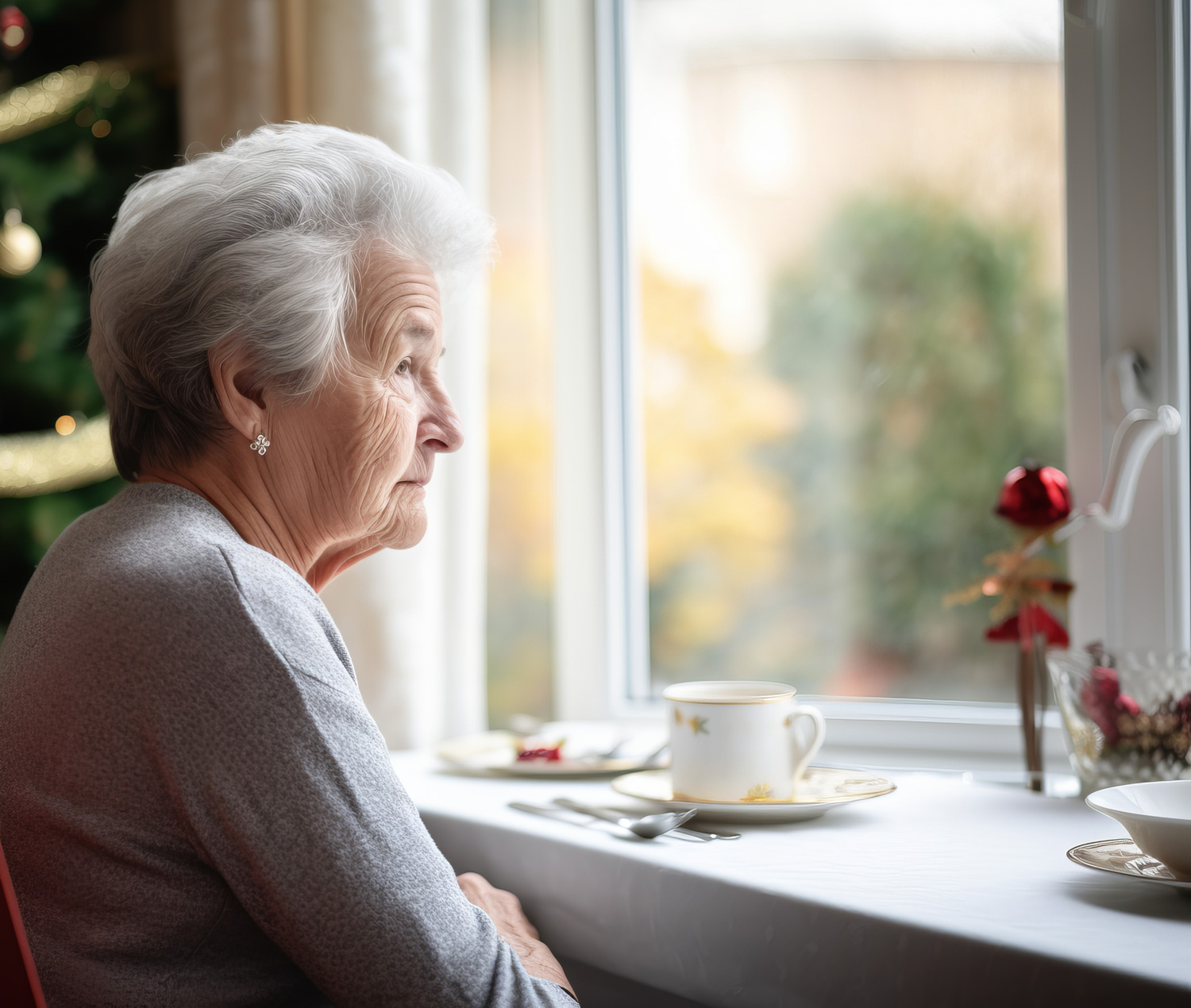
Winter Readiness for Caregivers: Do You Have a Plan?
January 6, 2026
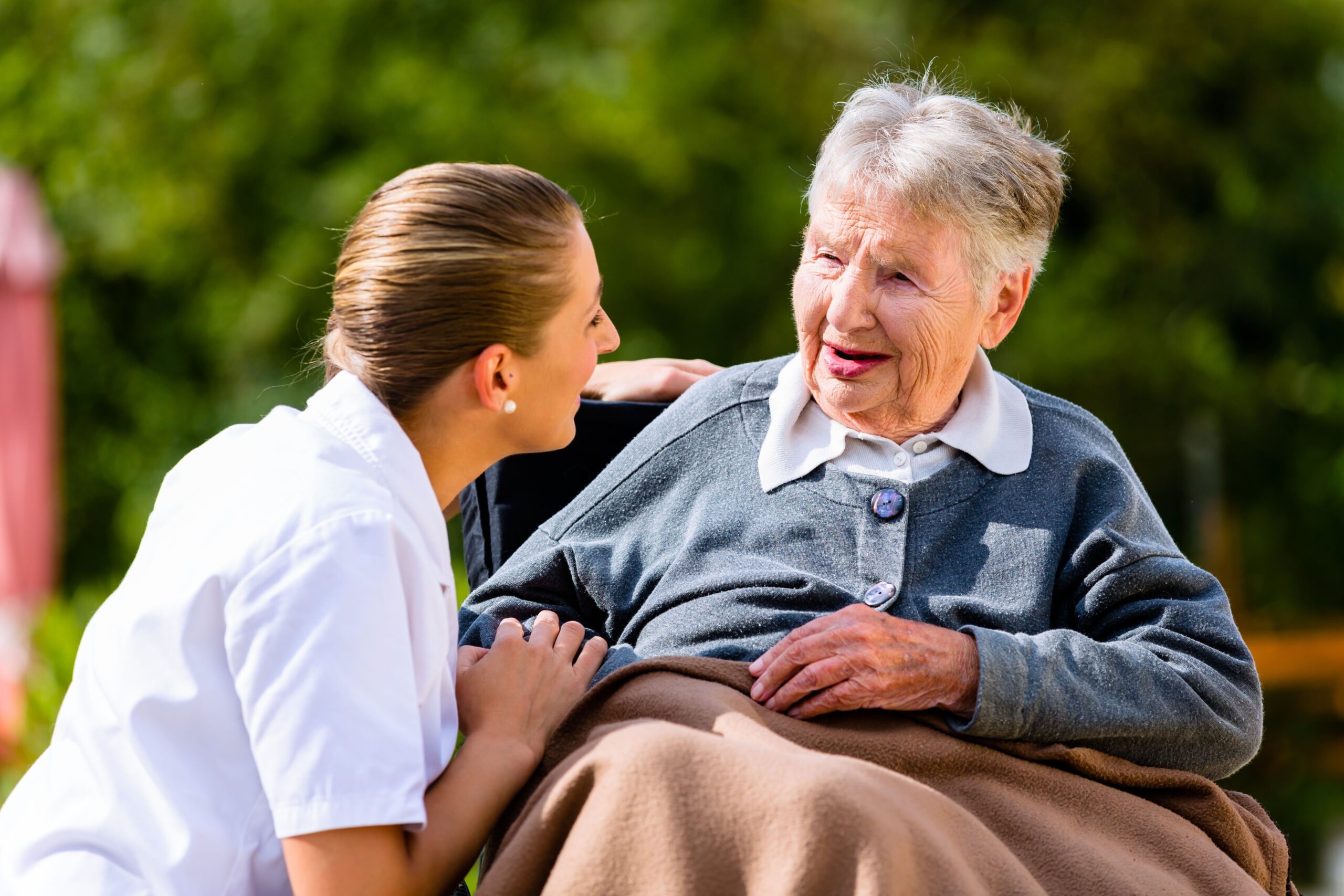
Important Topics to Discuss With Local Assisted Living Centers
November 10, 2025
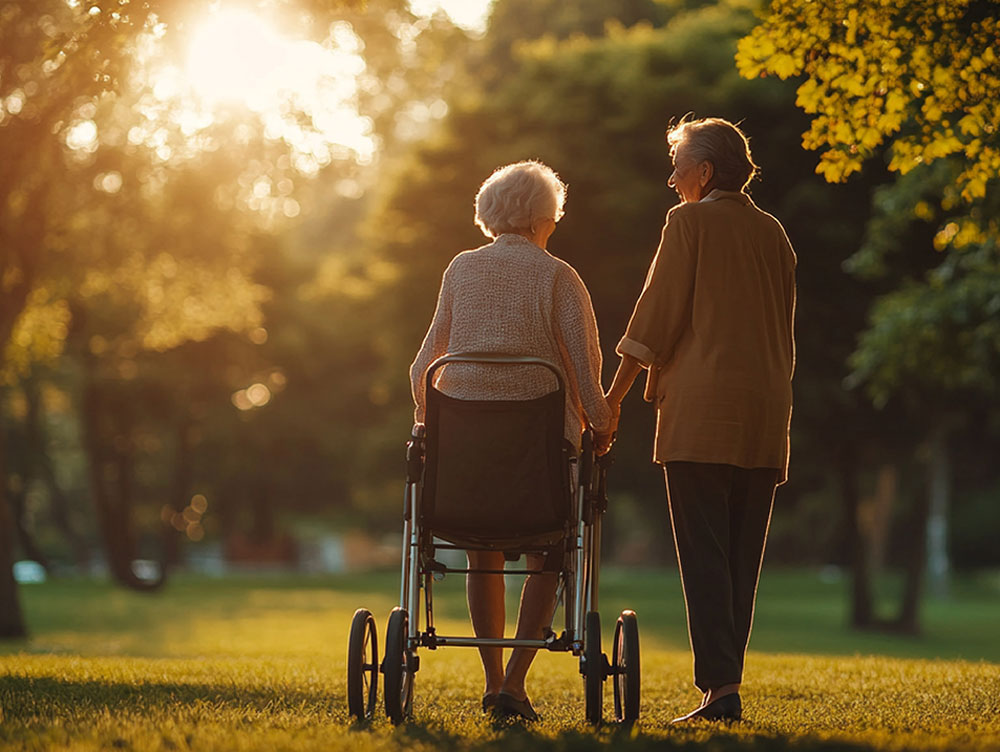
When It’s Time: Helping Your Parents Accept the Need for Assisted Living
October 15, 2025

How to Encourage an Aging Parent to Shower When They Refuse
July 2, 2025
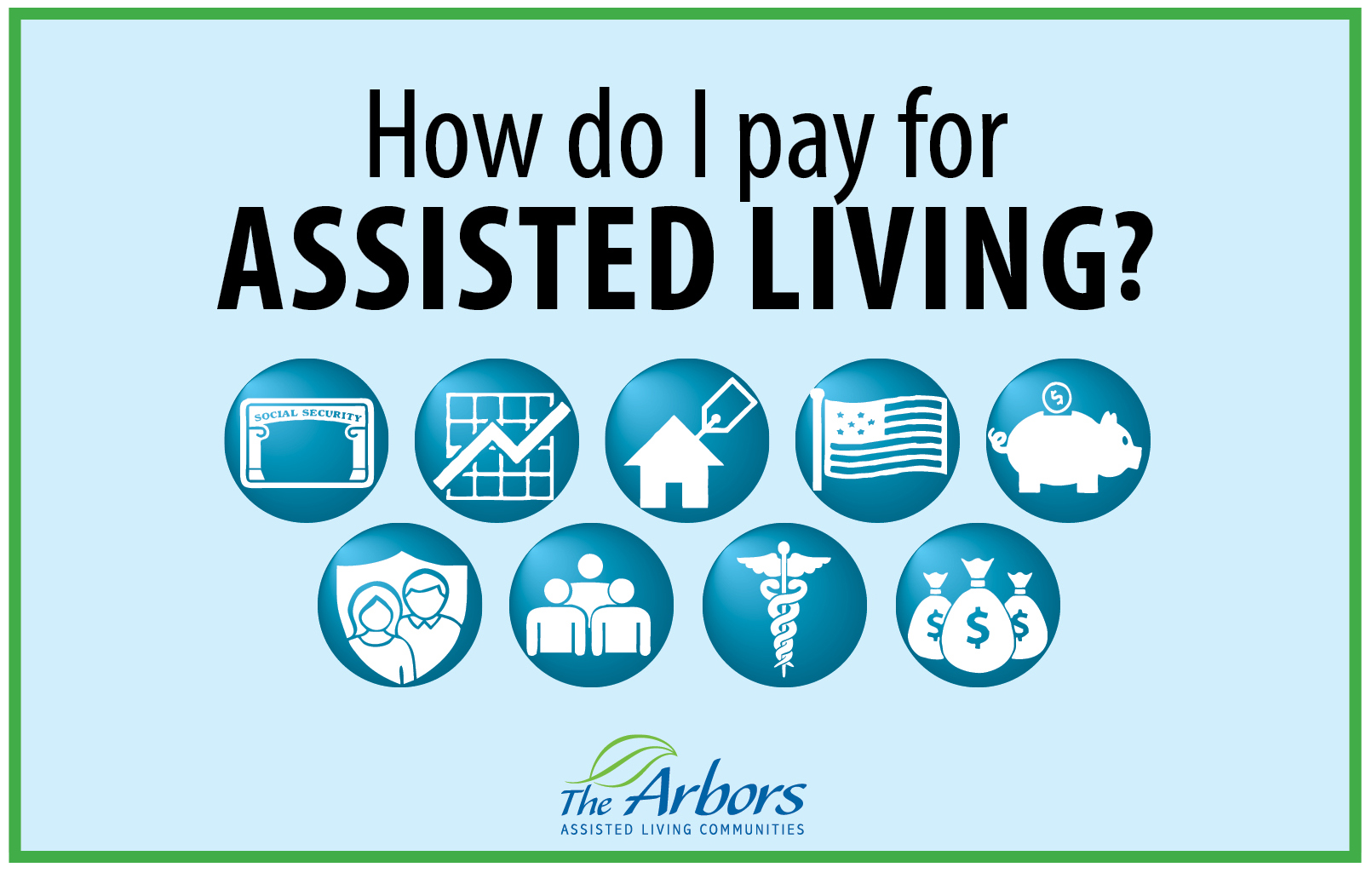
How Do I Pay for Assisted Living
June 6, 2025
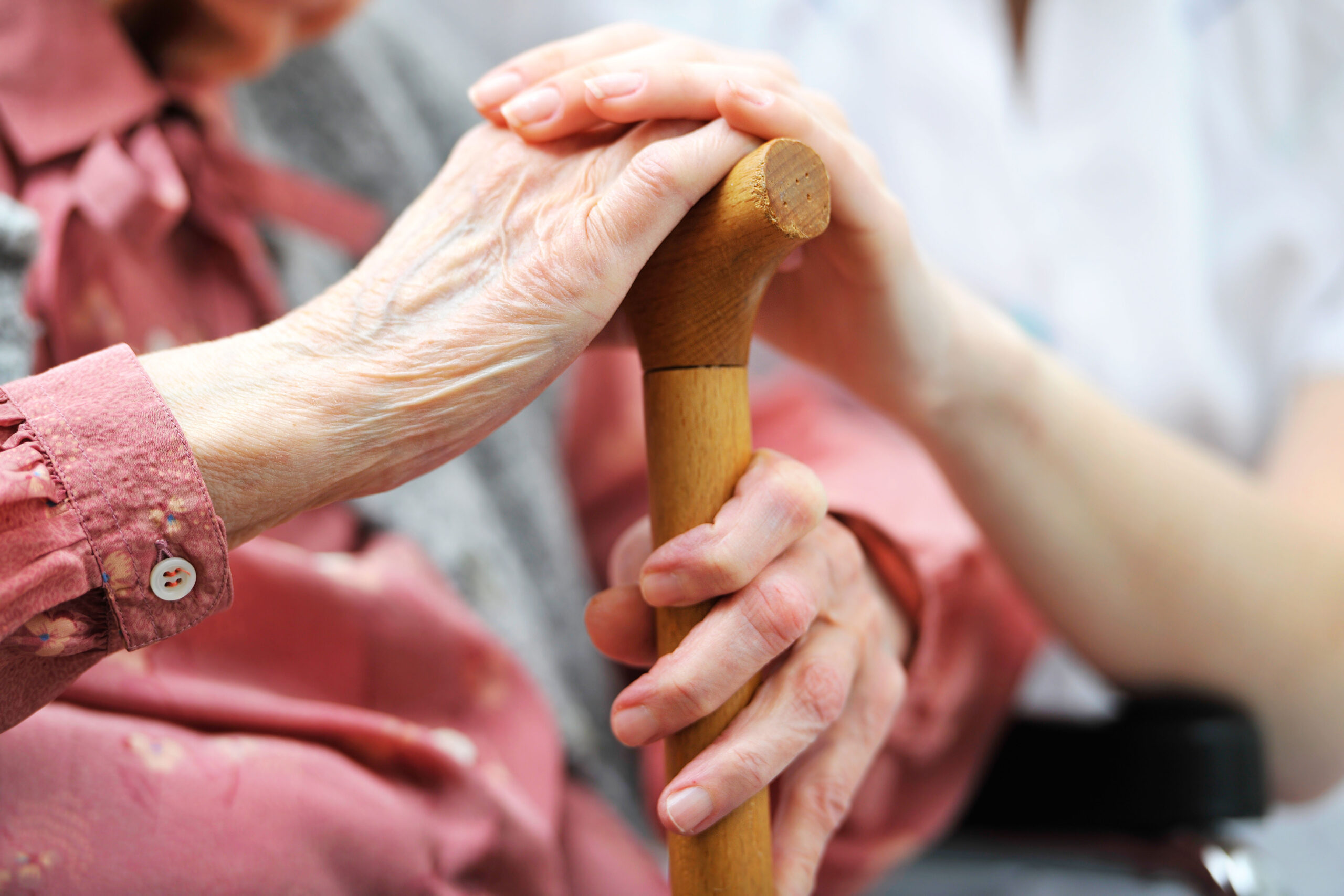
3 Signs You Should Consider Assisted Living
May 15, 2025
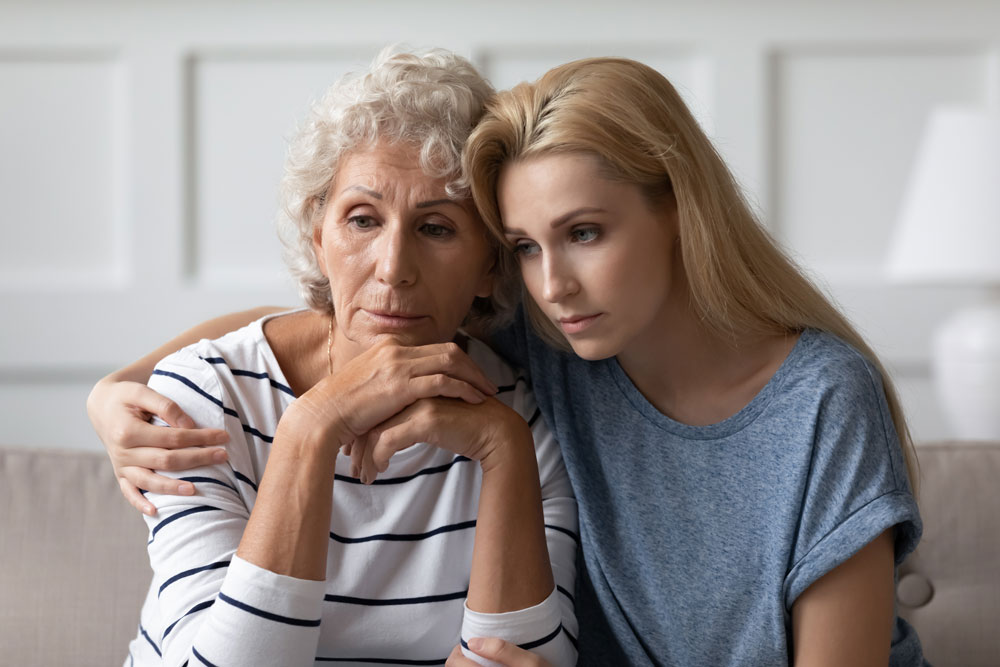
How to Deal with a Senior Resisting Moving to Assisted Living
April 1, 2025
GET IN TOUCH
Let’s Talk About Making The Arbors Your Home
REQUEST A VISIT
Schedule a Tour of our Long Island Assisted Living Communities


